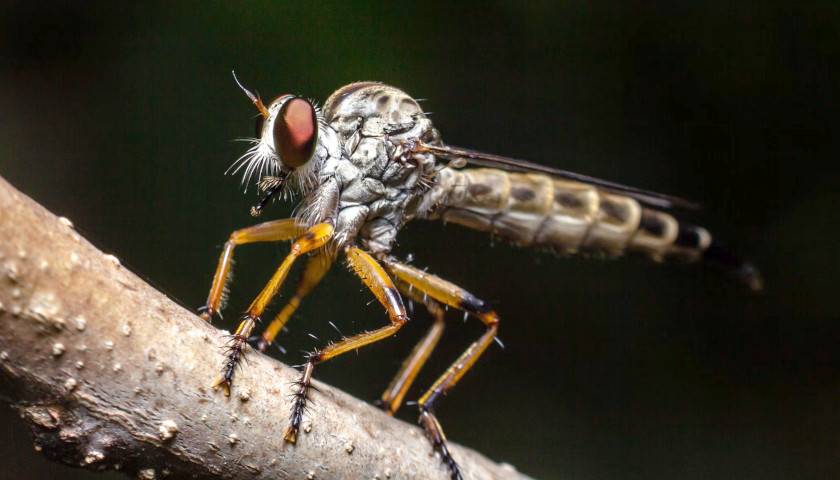The South Carolina Department of Health and Environmental Control (DHEC) is asking for the public’s support in tracking the West Nile virus.
South Carolinians are asked this spring and summer to submit certain species of dead birds to DEHC to test for the potentially deadly virus.
“DHEC’s dead bird surveillance program helps the agency identify where and when there is an increase in West Nile virus (WNV) activity, as a high rate of birds infected with the disease indicates an overall increase of the virus in a certain area,” according to a DHEC press release. “DHEC notifies local officials if there is indication of increased WNV activity within their community so they can take appropriate actions to reduce the risk of WNV infections in both people and animals.”
The birds DHEC would like submitted are crows, blue jays, house finches, house sparrows, and other songbirds “that appear not to have been injured and are not decayed.”
The department provided instructions on how residents can safely collect dead birds for testing. Its instructions are:
- Use gloves or pick up the bird with doubled, plastic bags. Do not touch a bird, dead or alive, with bare hands.
- Keep the bagged bird cool until it can be placed on ice or in a refrigerator. If you can’t deliver the bird carcass to DHEC within 36 hours of collection, freeze it until you are able to deliver it or have it shipped.
The department also instructed the public to fill out a Dead Bird Submission and Reporting Sheet for West Nile Virus and take the sheet along with the dead bird to a local DHEC office.
Dr. Chris Evans, the South Carolina State Public Health Entomologist, said the public’s help “bolsters the agency’s surveillance efforts and can help identify West Nile virus before it begins affecting people.”
According to DHEC, 43 birds were submitted for testing last year, resulting in the detection of five cases of West Nile virus.
The West Nile virus is the leading cause of mosquito-borne disease, according to the Centers for Disease Control and Prevention (CDC).
“Cases of WNV occur during mosquito season, which starts in the summer and continues through fall. There are no vaccines to prevent or medications to treat WNV in people,” the CDC says. “Fortunately, most people infected with WNV do not feel sick. About 1 in 5 people who are infected develop a fever and other symptoms. About 1 out of 150 infected people develop a serious, sometimes fatal, illness. You can reduce your risk of WNV by using insect repellent and wearing long-sleeved shirts and long pants to prevent mosquito bites.”
– – –
Pete D’Abrosca is a reporter at The Tennessee Star and The Star News Network. Follow Pete on Twitter/X.



